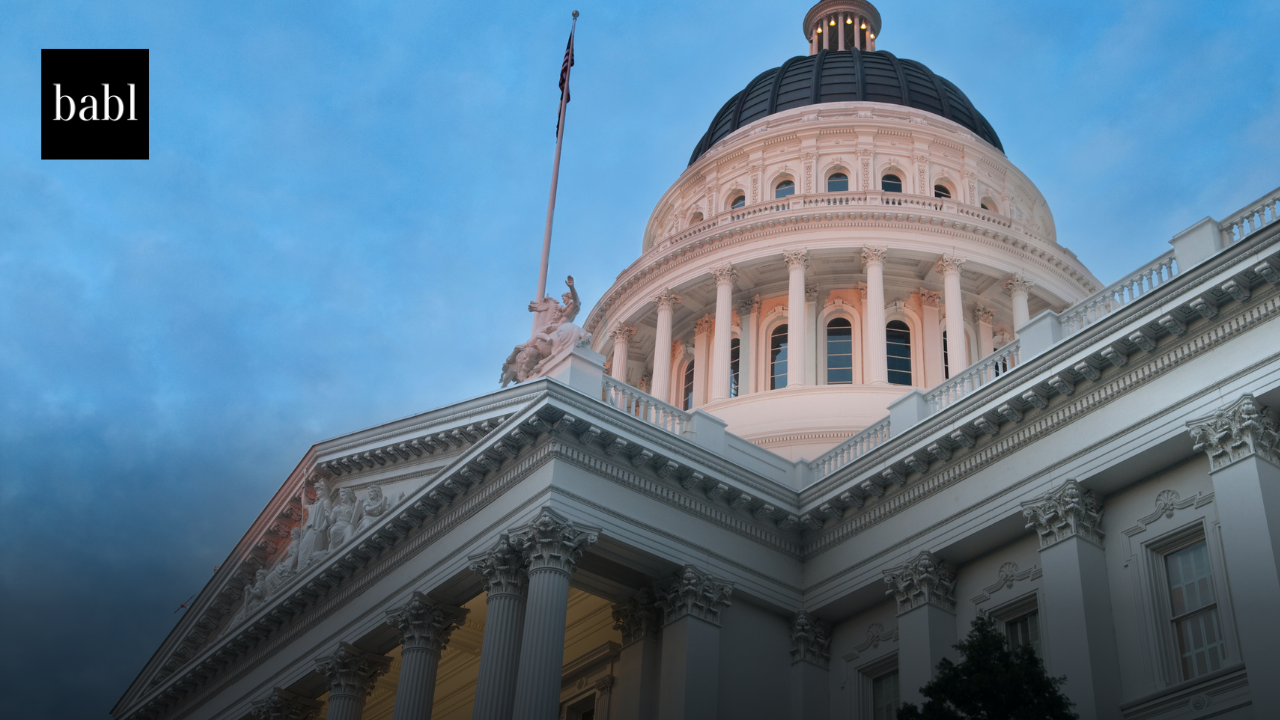The South Carolina Supreme Court has issued an interim policy governing the use of generative artificial intelligence (GenAI) tools by judicial officers and employees, reflecting both the promise and potential risks posed by AI in the legal system.
The order, issued by Chief Justice John W. Kittredge, applies to all personnel within the state’s Unified Judicial System, including justices, judges, law clerks, administrative staff, interns, and information technology professionals. It sets clear boundaries for how GenAI tools like ChatGPT, Microsoft Copilot, and Westlaw’s AI features may be used in official capacities.
Recognizing that GenAI can boost productivity by assisting with tasks like document drafting, code generation, and idea development, the policy also notes significant risks. These include inaccuracies, bias, privacy violations, and the potential misuse of confidential information. As a result, any use of GenAI within the judiciary must be approved by the Supreme Court or South Carolina Court Administration.
The policy strictly limits GenAI use to approved government devices and prohibits its use for drafting legal documents—such as orders or opinions—without direct human oversight. AI-generated content cannot be used verbatim or treated as reliable without verification. Additionally, GenAI tools may not be used to process confidential court records unless explicitly authorized and compliant with existing security and privacy rules.
The policy also addresses the use of AI by lawyers and litigants. While not directly regulated by the order, attorneys are reminded that they remain responsible for the accuracy of their submissions and must ensure that AI use does not breach confidentiality or violate professional conduct rules.
The court announced plans to develop training programs to guide judicial personnel on the proper and improper use of GenAI. The interim policy remains in effect until further notice.
Need Help?
If you have questions or concerns about any South Carolina Supreme Court, or global, guidelines, regulations and laws, don’t hesitate to reach out to BABL AI. Their Audit Experts can offer valuable insight, and ensure you’re informed and compliant.





